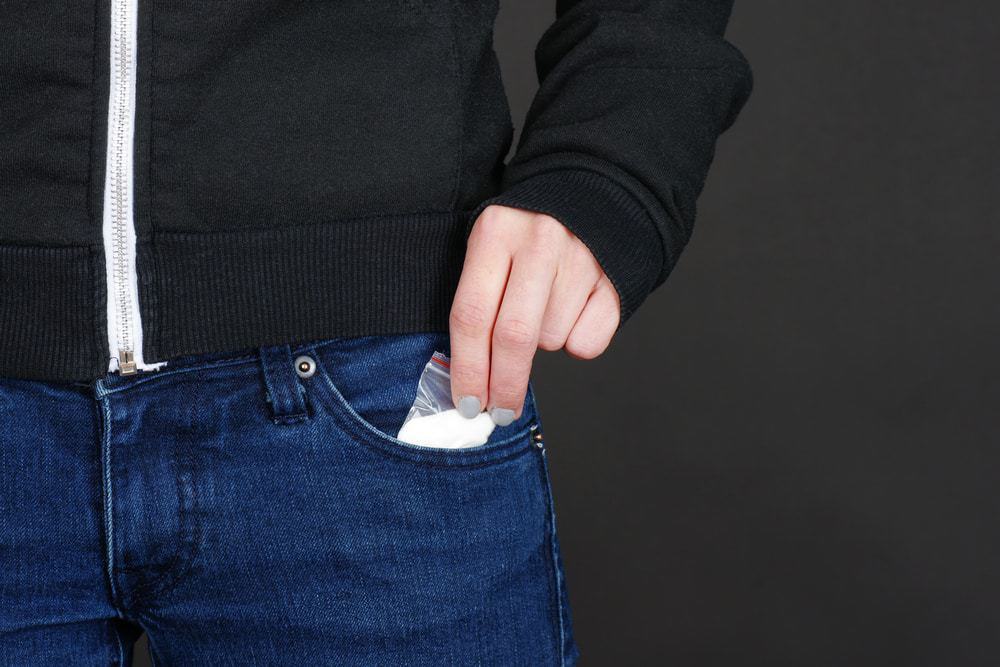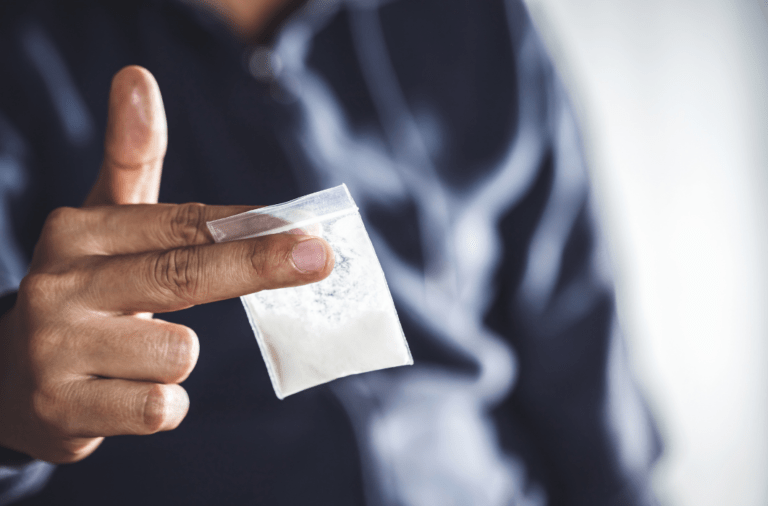Addiction is a disease that can be hard to recover from. Due to a long list of addictive substances that are commonly abused, many people struggle with this disease, and in many different forms. Fortunately, recovery from addiction is possible. Depending on the drug that had been abused, different treatments may be required.
What is Cocaine?
Cocaine is an illicit, stimulating substance derived from the coca plant. Commonly snorted, the drug induces feelings of euphoria, confidence, and heightened energy in the user. Cocaine affects the brain by increasing levels of dopamine, a neurotransmitter related to the reward center of the brain. Due to the influx of dopamine during use, cocaine is considered an extremely addictive substance. As a stimulant, prolonged use of the drug negatively impacts central nervous system functions, potentially causing stroke, cardiac arrhythmia, cardiac arrest, convulsions, or death.
Signs of Cocaine Addiction
Cocaine has a profound impact on an individual’s life and health. These signs are unique to cocaine abuse. The following side effects are indicators that cocaine use has become an addiction.
Cardiac Issues
As a stimulant, cocaine increases blood pressure and heart rate, putting stress on the heart. After prolonged or excessive use, the heart can suffer irreversible damage due to this stress, leading to various health complications. In one study, stimulant drug use (96% cocaine, 5% methamphetamine) was reported in 594 of 11,258 patients who were treated for heart failure across 83 hospitals.
Nasal problems
The most common means of cocaine administration is snorting through the nose. This act can damage blood vessels within the nasal passage, resulting in frequent or excessive nose bleeds. Cocaine abuse can also cause damage to the nasal canal, resulting in a permanently damaged or “deviated” septum.
Development of Psychiatric Disorders
Cocaine targets neurotransmitters in the brain which cause the feeling of euphoria when high. Prolonged use of cocaine can cause brain chemistry to shift, disabling the brain from organically managing or producing neurotransmitters. Because of this, extensive use of cocaine is known to provoke dormant mood and mental disorders such as anxiety, panic disorders, depression, or psychosis.
How to Recover from Cocaine Addiction
If an individual begins exhibiting signs of addiction, such as a desperate need to continue cocaine use, changes in appearance, or the development of psychiatric disorders, professional treatment is crucial. In many cases, the first step in combating cocaine addiction is undergoing detox. Because of the health complications that may arise during the detox process, it is highly recommended that the individual seeks medical assistance during this stage. Clinically supervised detox can guarantee that the individual can be safe during the withdrawal process.
Once an individual has shed all residual traces of cocaine, it is important to seek additional care. Research has shown that behavioral therapies are very effective in treating addiction. Professional addiction therapists work with clients to develop healthy decision-making and coping skills to fight future temptations. Treatment within professional addiction treatment centers also reinforces sobriety by providing a support system among like-minded individuals.
Due to cocaine’s addictive nature and potential for inflicting bodily harm, addiction treatment within a qualified center increases the likelihood of maintaining sobriety significantly. Upon graduating from one of these programs, continued support within a 12-step group or aftercare program is very beneficial to maintaining life in recovery. These services help individuals gradually transition into independent, drug-free living.
We’re Here for You
Cocaine is a dangerous and highly addictive depressant that inflicts long-term damage on the body when abused. It is important to seek help immediately if you or a loved one is struggling with this addiction. At Asheville Recovery Center, treatment specialists have developed a unique, hybrid model of treatment which combines a traditional 12-step program with holistic rehabilitation. A multitude of services, programs, and therapies are offered, including the Partial Hospitalization Program, Residential-style treatment, outpatient rehabilitation, and more.
The founders of Asheville Recovery Center, as well as many of our addiction therapists, have struggled with addiction and now enjoy life in recovery. They understand the struggles of addiction and how difficult it is to overcome alone. If you feel that you or a loved one is struggling with substance abuse, our specialists are on standby and ready to help. Call (828)518-6996 and speak with an addiction expert today so you can take the first step towards a rewarding life of sobriety.









